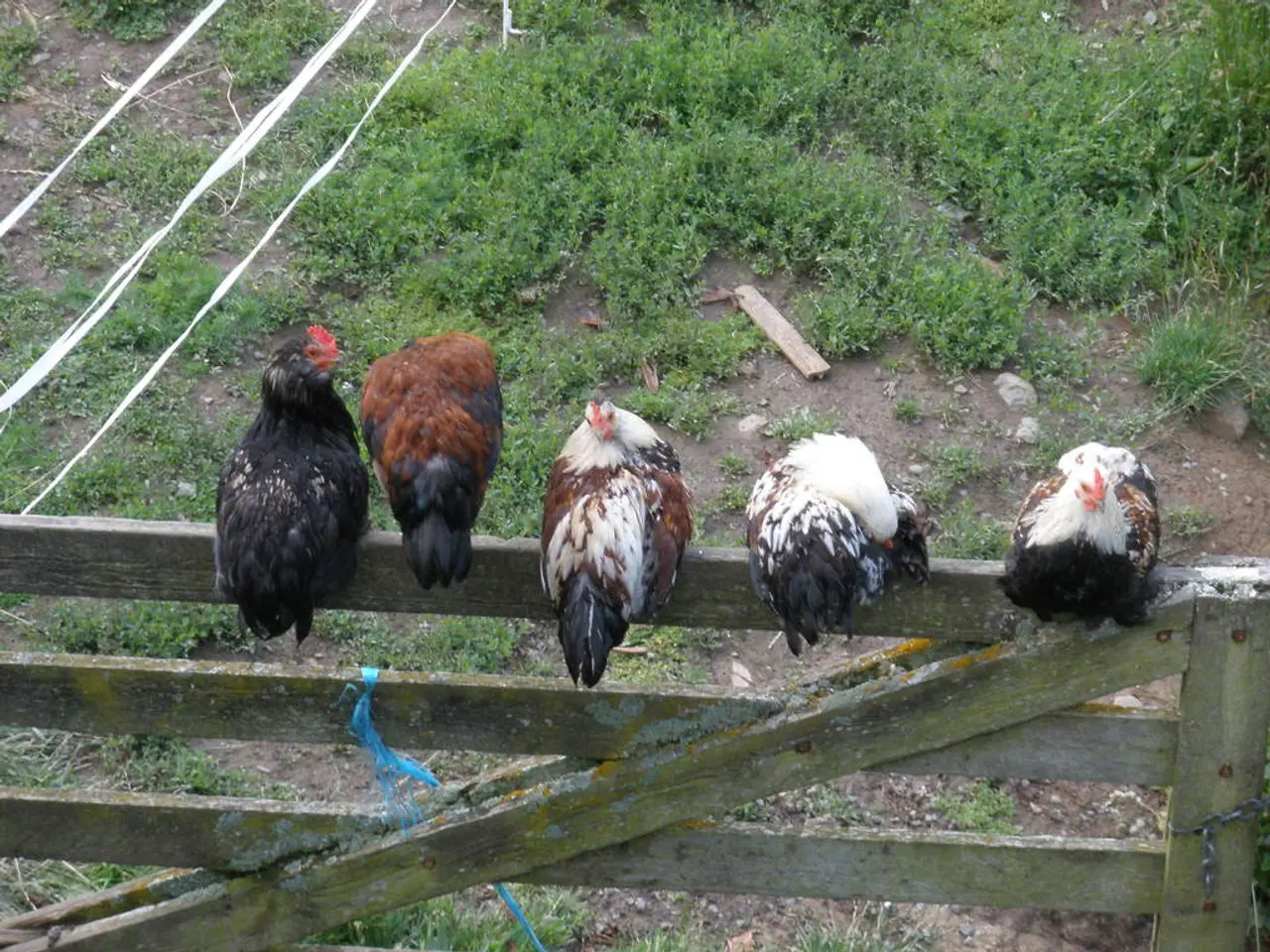Growers in Madinah look for economic prospects in the henna business
Madinah, a leading region in the Kingdom, is renowned for its high-quality henna, considered one of the best varieties in the world due to its purity and natural properties. This organic, chemical-free henna, grown in locations such as Wadi Al-Fora'a and Badr, is valued for its vibrant color and aroma.
The Sustainable Agricultural Rural Development Program (Reef) supports henna farming financially, recognising its low irrigation needs and growing market demand. The program aims to provide financial support to farmers and agricultural professionals, making henna cultivation an attractive proposition, especially given its relatively low cost.
Investment opportunities in Madinah henna focus on expanding cultivation and developing value-added products. This includes creating new marketing channels through international trade partnerships and local agricultural exhibitions, as well as developing derivative products such as scented henna, organic henna, powders, pastes, essential oils, and ready-to-use formulations.
The Madinah Chamber of Commerce has reviewed investment opportunities in henna cultivation, including expanding production with modern irrigation techniques. Leveraging government incentives, such as financial support and training programs, is key to meeting export standards and enhancing productivity.
Production techniques currently emphasise organic farming without pesticides, supported by modern irrigation methods, preserving henna’s natural purity. Innovations focus on improving cultivation and harvesting processes, quality control, and developing processed products catering to modern cosmetic and medicinal uses, ensuring compliance with international quality requirements.
Madinah henna has widespread application in cosmetics, particularly in the production of powders, mixtures with water, oils, and essential oils. It is used for decorating hands and feet, cleansing the skin, reducing pigmentation, dyeing and nourishing hair, increasing hair thickness, and reducing hair loss.
Beyond cultivation, Madinah can benefit from opportunities in agricultural investment, livestock production, and industrial investment based on henna production inputs. The region encourages local henna production and export through incentive measures, aligning with Saudi Arabia’s Vision 2030 goals of economic diversification and sustainable agriculture.
In conclusion, Madinah henna presents a promising investment opportunity combining sustainable agriculture, heritage preservation, and economic diversification underpinned by evolving production technologies and expanding global markets.
- The World recognizes Madinah, a leading region in Saudi Arabia, not just for its high-quality henna but also for its other offerings such as art, news, lifestyle, fashion-and-beauty, home-and-garden, education-and-self-development, and personal-growth.
- The Sustainable Agricultural Rural Development Program (Reef) in Saudi Arabia extends financial support to henna farmers, acknowledging the crop's low irrigation needs, growing market demand, and its potential in various aspects of lifestyle, fashion, and beauty.
- Investors are eyeing Madinah for its opportunities in agricultural investment, livestock production, and industrial investment based on henna production inputs, aligning with Saudi Arabia’s Vision 2030 goals of economic diversification and sustainable agriculture.
- Henna cultivation not only caters to modern cosmetic uses like powders, mixtures with water, oils, and essential oils for skin and hair treatments but also serves to reduce pigmentation, dye and nourish hair, increase hair thickness, and reduce hair loss, making it a significant player in the healthcare sector and personal-growth arena.
- Madinah, with its focus on organic farming and embracing modern irrigation methods, has the potential to lead Arabia's education and self-development initiatives by demonstrating sustainable agriculture practices that cater to the evolving global market demands.




